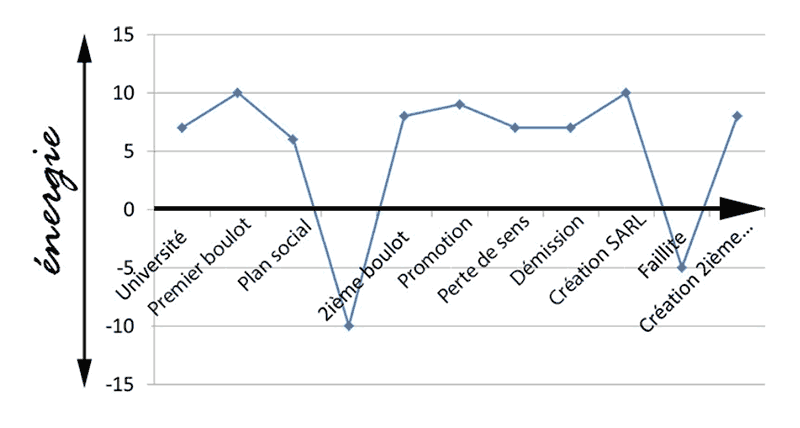What is epigenetics?
When designing, the great Russian roulette wheel of the geneticendows us with irreversible characteristics carried by the DNA of each of our cells. But our health depends on them only up to 30%. Because each of the genes we inherit can be expressed more or less strongly, or be silent, under the influence of our way of life.
Epigenetics studies these modifications, which will “turn on” or “turn off” genes. “Genetics are the hard drive, epigenetics, the software that will make it work and allow programs to be varied”, illustrates Professor Claudine Junien, geneticist at INRA (National Institute for Agronomic Research).
Research conducted today is helping to better understand the mechanisms behind disease. We realize how epigenetics play a major role in their appearance. If we can hardly act, for the moment, against genetic alterations inherited at birth, the epigenetic variations which occur throughout life are themselves partly reversible.
Can you influence your genes yourself?
We do just that! The toxins we breathe in the air, the food we eat, the physical activity we practice all affect our genes.
One study showed that supplementation with vitamin D, in those who lack it, modifies the expression of 291 genes. “Small molecules, methyls, can be grafted onto DNA and put certain disease promoter genes (diabetes, obesity, cancer) in” off “mode”, explains Dr Laurence Bénédetti, micronutritionist.
But for these methyls to emerge, you need a diet rich in “activating” nutrients, such as methionine, vitamin B, zinc, etc.
Anti-oxidants, such as resveratrol, quercetin, curcumin also seem to have an interesting action.
Concretely, what does this give?
Research into epigenetics opens up endless possibilities for the prevention and treatment of disease. For example, the genes synthesizing fats would be more active in obese.
Another avenue: “In oncology, we could reactivate the natural defenses of patients by modifying the expression of certain genes in diseased cells”, confirms Professor Eric Solary, hematologist at Gustave Roussy (Villejuif).
We harbor “oncogenes” promoting cancerous proliferation (such as HER 2 in breast cancer) and tumor suppressor, protective genes. Cancer occurs when oncogenes are turned on, suppressor genes turned off, or both! Two drugs are already aimed at reversing this process, and many more are being tested.
And can stress change our genes?
Psychological trauma affects the immune system and, if early on, can cripple a lifetime.
“Researchers have shown that when an infant in distress is rebuffed or left to fend for himself, this experience will modify the expression of genes that regulate stress hormones, confirms Dr Catherine Guégen, pediatrician, author of” For a happy childhood “(ed. R. Laffont, 2014).
These genetic modifications will last into adulthood, making them more vulnerable to stress, and they will in turn pass on this fragility to subsequent generations. “















